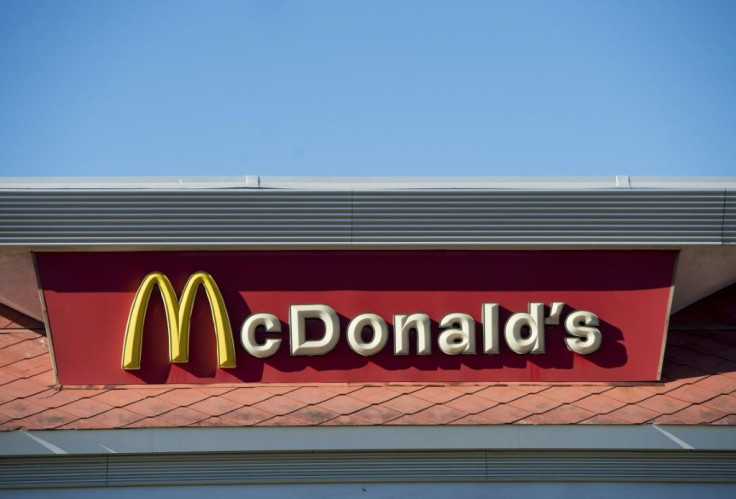McDonalds Raises Wages, How It Affects Pricing Of Big Macs And Other Menu Items
As the fight for increased minimum wage continues around the country, one company is making moves to encourage all of its franchisees to follow suit from the corporate stores and raise the wages of their workers. However, McDonald’s employees making more money could see higher prices on the menu for the customers coming into restaurants.
McDonald’s, which franchises about 95% of its more than 13,000 restaurants, is one of several companies being forced to grapple with the fight for higher wages for employees earning the minimum—which has been $7.25 federally since 2009. The “Fight for 15,” which has been going on for several years, has led to increased wages hitting $15 per hour in some establishments, but that hasn’t been the case in all retail or fast food locations.
However, McDonald’s made a decision in May that the 650 corporate-owned restaurants would begin giving employees pay raises of an average of 10% by the end of June, with average wages for employees at those locations hitting $15 per hour by 2024. In that case, entry-level employees would make $11-$17 an hour and shift managers would earn $15-$20 per hour, depending on location. Some franchisees have also followed suit with individual decisions to raise employee wages as well, but others remain hesitant to do so, because of the cost it could bring to their bottom line.
“Franchisees are best situated to make wage decisions in their local communities,” Matt Hauer, senior vice president of government relations at the International Franchise Association told CNBC, noting that some may be less likely to raise wages due to the cost of living where they are—it would be a higher uptick in cost in high-price metropolitan locations (like ones in New York City and Los Angeles) than it might be in a more rural location.
Part of what could also be a problem for the franchise owners is that they would need to offset costs somewhere—meaning the customers that their employees serve may be the ones who feel the brunt of the higher wages, with increased menu prices and potentially even limited selections.
Tom Locke, who owns the franchise TomTreyCo and 45 McDonald's locations in Pennsylvania, West Virginia and northeastern Ohio, told CNBC that his decision to raise staff wages before McDonald’s made the announcement they were doing it at their own locations did come with a price. Not only did the shortage of labor force him to scale down on his menu choices, but when he started having higher costs, he was forced to raise his prices slightly to offset them.
“It’s a long-term look at the business versus a very short-term look at the business,” he said. “I think it’s a much better business model.”
While it’s unclear how much prices went up at his locations, or if they will be at corporate ones as wages continue to increase, Mcdonald's isn’t alone in raising the wages of their employees—or raising their menu prices because of it. Chipotle has also done the same thing, which led to a 4% increase in menu prices across the board.

© Copyright IBTimes 2025. All rights reserved.





















